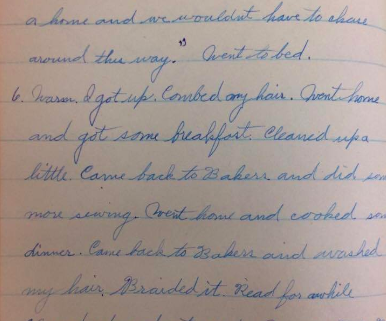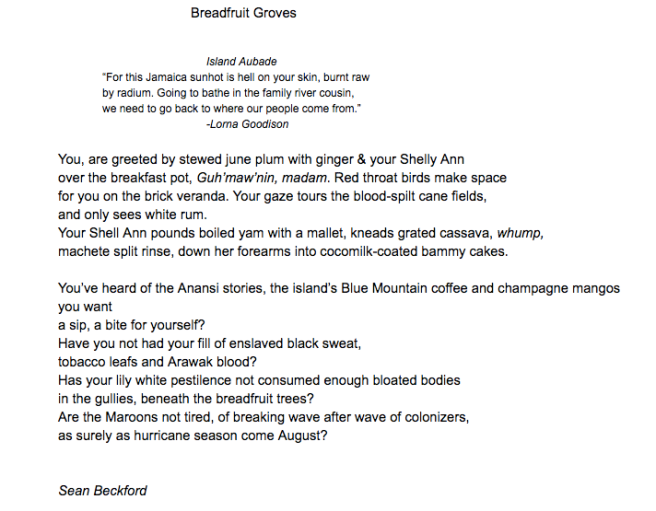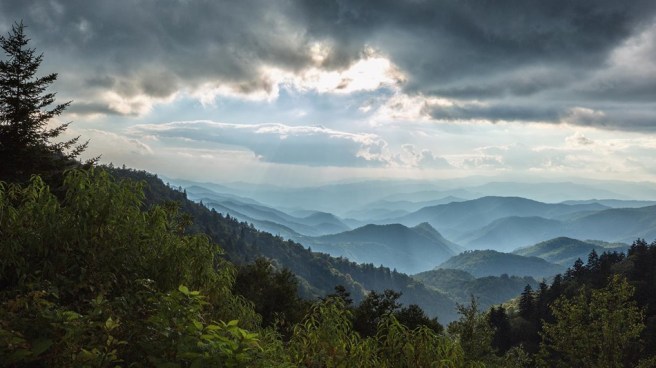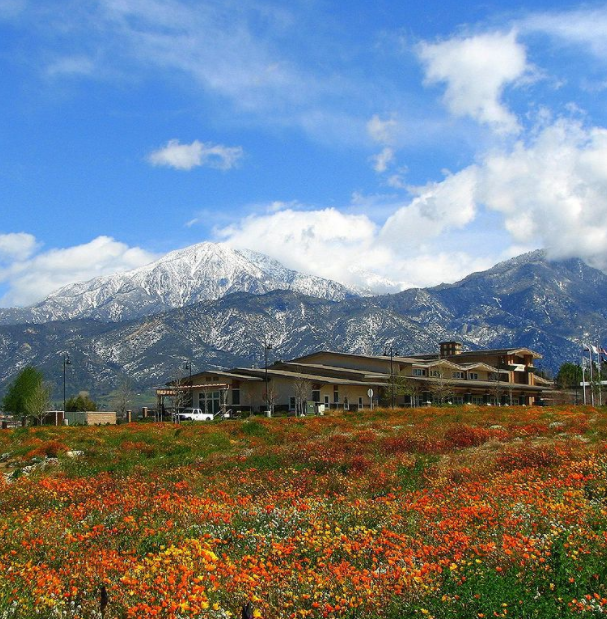I meant to have my last post be my final one for the semester, but then a kind peer expressed her love for a book I made for the Diary Repository. This title was chaptered “Love”, and here are some of it contents:
I once imagined that people’s private diaries would be filled with hateful words. I assumed people would surely turn to their diaries to express negative feelings towards others. After all, diaries are a safe haven where our innermost thoughts of others are most often kept secret. But I soon discovered that there were more feelings of love in the diaries I read than feelings of hate. Diarists so often declared their adoration for their partners, parents, pets, and children before they expressed distaste or anger. This was perhaps one of the most touching and humbling lessons I’ve gained from working with the diaries in the repository. In a space where a diarist could write anything, they more often express love than hate.
In 1943, Maywrites of her love for her husband and her pets:
“Saturday, January 3, 1943
Beautiful wakings-up when My Dear is by. Our times.
We felt that we would not see the puppy again, but in the afternoon, I thought I heard a little bell ringing outside. It wasn’t the kittens. I knew for they were with us. I went to the back door, but could see nothing, so I thought I had imagined the bells. Then I seemed to hear it again and I made the little sound with my lips, that always brings the puppy. Then, there he came around the house, all black and smelly with dirt. It made me cry a little.
Monday, January 12, 1943
We thought we’d see if the kittens would sleep by the fire, but they kept getting up on the bed.
Chip crawled under the covers and went way down. There she came up and cuddled close to K’s neck.
When K went downstairs to let Paw in, he put the kittens down too.”
In 1930, K wrote of his love for his wife, nature, and his pets, who often tag along on his walks through wilderness:
June Thursday 12, 1930
God’s secretaries often send the wrong letters.
I take Paws back to the country, from where she followed us.
I kneel on a field-path and watch hatching grasshoppers struggling loose from white egg-covers.
The woods are June-beautiful.
Some hour of darkness, when you are lying alone, I shall come softly to your body and you will know suddenly all the dear wood and world odors that we have breathed.
And in 1944, amidst terrifying, life-threatening battles and hours spent in foxholes, Joseph writes that he hopes his family at home isn’t worrying about him:
Sunday, October 29th, 1944
About 8 A.M. we moved out on a vehicles to support the “A” camp advance – we had almost no resistance except 88 fire + I dug my slit truck 5 times before 2:15 + was glad to have it dug every time. We went thru a town + brought some sort of bread + apple farm 2 loaves + ½ pt jar for 50 Belge f. ($1.25) but as it is I’ve got about 1500 francs + nowhere to spend em. Now in foxhole #5 waiting for the outfit ahead to clean out a road block. Also 88 are at it again. Barrier first started digging in again. He says it’s “never” too deep. I hope my folks don’t worry too much since they won’t receive mail for some time. The 7th army had cut off the Boche. We are pushing + we now have em in a packet. Just now a 88 landed about 25 yds away + sprayed lead all over = none hit me directly, but plenty bit me. My watch stopped yesterday at 4 P.M. so now I have no watch. From that shelling 10 min ago one lad got it in the leg. So far there are a few in our co. Queen died, Moose, Harlon + Kirk Lüscher wounded. Cherokee got it in the back of the head by a sniper thru helmet + all. We moved about 150 yds forward to a far house + here dug our slit trenches under sniper fire. 2 guarded Sontag + Poppy Newell while Marcineck spear + I dug our holes: it’s much harder on your bellie too. March + I again bunked together
+ again fought together. We slept on 2 bundles and under 1 but was still plenty cold.
I hope these entries can brighten your holidays. As always, let me know if there’s anything more you’d like to hear about in the future!
Sincerely,
Alyna











 She very much cherished the things that K gave her, and kept them hidden away in her diary. Here’s a love letter stuck into the back of the book that K sent while away, as well as a pressed rose he gifted her after one of their
She very much cherished the things that K gave her, and kept them hidden away in her diary. Here’s a love letter stuck into the back of the book that K sent while away, as well as a pressed rose he gifted her after one of their











